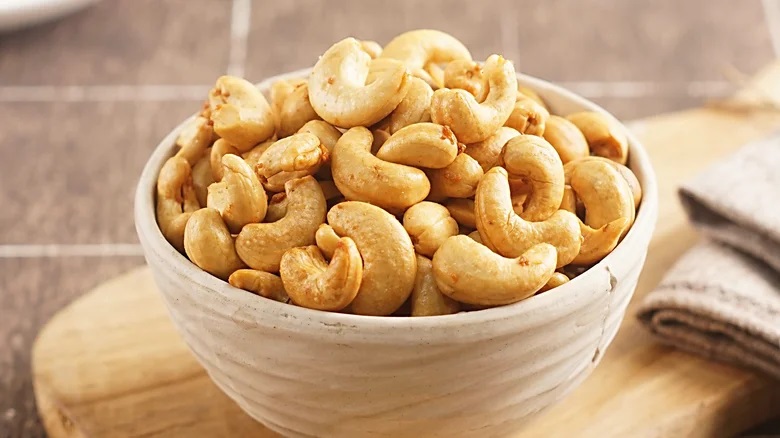Renewing Energy: Simple Steps to Fight Exhaustion

Incorporating these simple strategies into your routine can help combat exhaustion and promote a renewed sense of energy.
Think positively: If occasional exhaustion persists, consult a doctor for potential underlying causes. However, for fleeting fatigue, cultivate positive thoughts to counteract negativity and boost mood.
Establish regular eating times: Recent research highlights the importance of meal timing. Aligning meals with a consistent schedule helps regulate body clocks, enhancing energy levels. Opt for balanced meals containing protein, fiber, and healthy fats.
Rest frequently in short intervals: Embrace the concept of ultradian rhythms, lasting around 90 minutes. Take regular, brief breaks every 90 minutes, engaging in replenishing activities like eating healthy snacks, hugging loved ones, or spending time outdoors.
Harness the power of music: Music has a profound impact on combating physical and mental fatigue. Choose uplifting tracks with tempos above 120 beats per minute to energize and boost alertness.
Engage in vigorous exercise: Physical activity, even in short bursts, helps alleviate sleep-related health risks and promotes overall well-being. Incorporate brief, intense exercises such as stair climbing or brisk walking.
Utilize the power of humming: Close your mouth, relax your tongue, and breathe deeply through your nose. Humming with your mouth closed stimulates the production of nitric oxide, which possesses antiseptic and anti-inflammatory properties.
Customize your workspace: Find the clutter level that suits your energy level. Some thrive in a cluttered environment, while others find it draining. Experiment to determine what works best for your focus and productivity.
Prioritize social interaction: Social contact plays a role in combating tiredness. Make time for social activities, as social isolation can contribute to fatigue. Schedule lunch dates, engage in conversations, and participate in social events.
Re-reported from the article originally published in The Guardian.









